No data degradation, no problem.
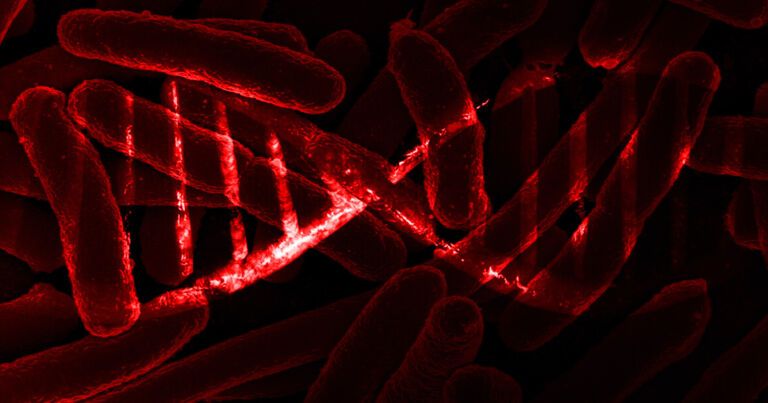

The Moon and Mars are remote and forbidding but it’s fairly easy to turn their soil into construction material and mine it for water to drink and oxygen to breathe.
Several astronauts have spent more than a year in zero gravity, and they experienced muscle loss, brittle bones and difficulties with vision. A space station could be spun up to ameliorate these problems, and for colonists on the Moon and Mars, gravity would be reduced, not absent. Their capillaries and cardiovascular systems would adjust, and muscle mass would be shed.
Few of us would relish living in the isolation and close confines of a bubble habitat far from home. The lack of a varied natural environment is likely to lead to weaker immune systems. However, the colonists will innovate in the activities of exercise and sex. Their space suits will be made from materials that are supple, supportive and skin-tight, and we might envy their ability to effortlessly leap and cavort across the surfaces of their new worlds.
If early colonies are restocked with new recruits from Earth, physiological changes will be modest. But subsequent waves of colonists may sever the umbilical; they might be dissidents or motivated by utopian ideals. As they live and die off-Earth, their psychological landscape will be sculpted by their new environment. Biologically, they will evolve into a new offshoot from the human tree.
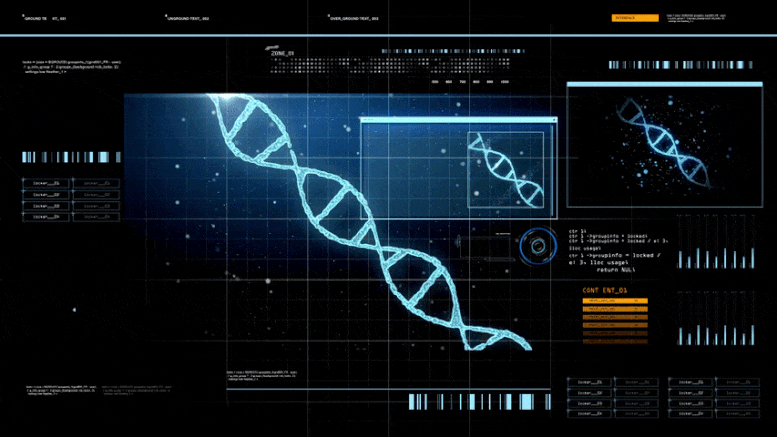
Researchers from the Max Planck Society assessed humans’ capabilities for controlling killer AI. Read the details.
Researchers have found a simple way to eliminate almost all sequencing errors produced by a widely used portable DNA sequencer, potentially enabling scientists working outside the lab to study and track microorganisms like the SARS-CoV-2 virus more efficiently.
Using special molecular tags, the team was able to reduce the five-to-15 percent error rate of Oxford Nanopore Technologies’ MinION device to less than 0.005 percent — even when sequencing many long stretches of DNA at a time.
“The MinION has revolutionized the field of genomics by freeing DNA sequencing from the confines of large laboratories,” says Ryan Ziels, an assistant professor of civil engineering at the University of British Columbia and the co-lead author of the study, which was published on January 112021, in Nature Methods. “But until now, researchers haven’t been able to rely on the device in many settings because of its fairly high out-of-the-box error rate.”
Important here is at 38:13 where he says not only is his TAME trial paid for but an organization is going to pay a billion dollars per year on aging. He was not allowed to give details but it was going to start this month. I’ll be watching for the news.
Zoom Transcription: https://otter.ai/u/vTb6HEbcyTXBPgVrgRzB3I0CDC8
Dr. Nir Barzilai discusses the TAME Trial and what this group may learn from the successes for advancing progress on biomarkers in particular and on aging in general.
About Nir Barzilai:
Nir Barzilai, MD, is a Professor in the Department of Endocrinology Medicine and the Department of Genetics at the Albert Einstein College of Medicine. He is also the Ingeborg and Ira Leon Rennert Chair of Aging Research at the Albert Einstein College of Medicine.
Stem cells from fat. 😃
A new type of stem cell—that is, a cell with regenerative abilities—could be closer on the horizon, a new study led by UNSW Sydney shows.
The stem cells (called induced multipotent stem cells, or iMS) can be made from easily accessible human cells—in this case, fat—and reprogrammed to act as stem cells.
The results of the animal study, which created human stem cells and tested their effectiveness in mice, were published online in Science Advances today—and while the results are encouraging, more research and tests are needed before any potential translation to human therapies.
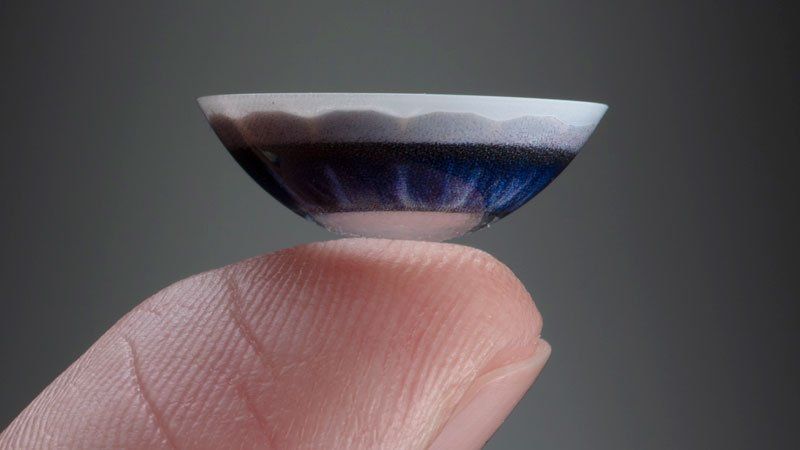
This last year has been not been one for the social calendar. It has left us all feeling more and more isolated with lockdown after lockdown and restricted travel options globally. It is something we need to actively work to overcome, for our own sakes and for those around us, it is as detrimental to our long term health as smoking, obesity or having an alcohol disorder. It increases the risk of many health conditions, and even alters gene expressions. If you want to know even more detail I break it down in this new video, and look out for those who are having a rougher time, pay it forward. Make this world a place you want to live in…
In Loneliness As Deadly As Smoking-How It Impacts Your Health & Longevity I will be talking about how social isolation, something becoming more and more apparent in many countries and cities across the globe, is a serious threat to health and longevity.
It’s effects on mental and physical health are amongst the most serious threats we face and as such it needs to be taken seriously. The studies I mention are linked below.
To see the video on the mother of all diseases, aging, follow this link:
And leave your thoughts, questions and suggestions for future topics in the comments.
Elon Musk’s Neuralink showcases working implanted brain computer and promises future health benefits.
Elon Musk company Neuralink has been researching how directly interfacing with the brain could be used as therapy for chronic and debilitating medical conditions, as well as exploring how technological augmentation could expand and develop the capabilities of the human brain.
Longevity. Technology: Neuralink have been decidedly cagey about their progress, despite having $158m, in funding, $100m of which comes from Musk himself [1]. Tonight’s live broadcast featured misbehaving pigs (I’m looking at you here, Gertrude!) and a glimpse of the future of robotic surgery, but Elon Musk continued to operate at his self-proclaimed “speed of thought” pushing the boundaries between brains and technology.
Prior to today’s update, the last real news was in July last year, when they announced they were developing a “sewing machine-like” device that could implant incredibly thin (4 to 6 μm) threads in the brain. The company also demonstrated a system that read information from a lab rat via 1500 electrodes and revealed they planned to start experiments with humans in 2020 [2].
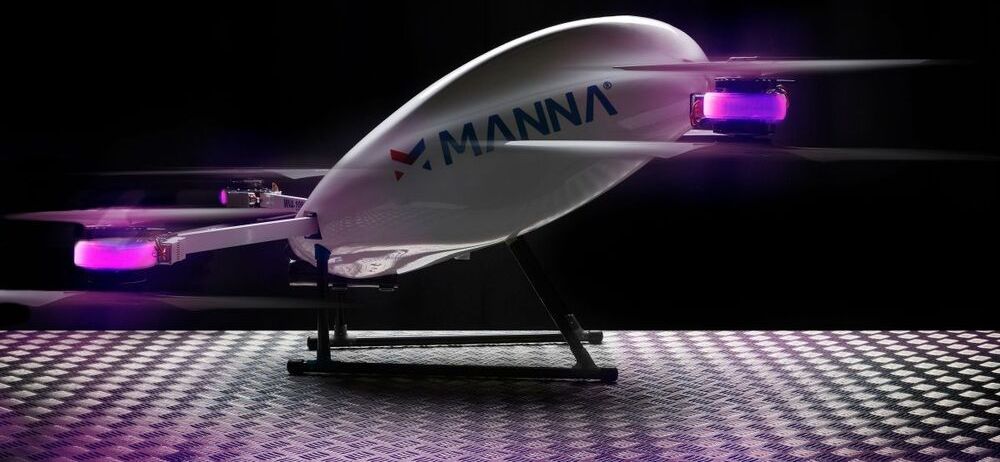
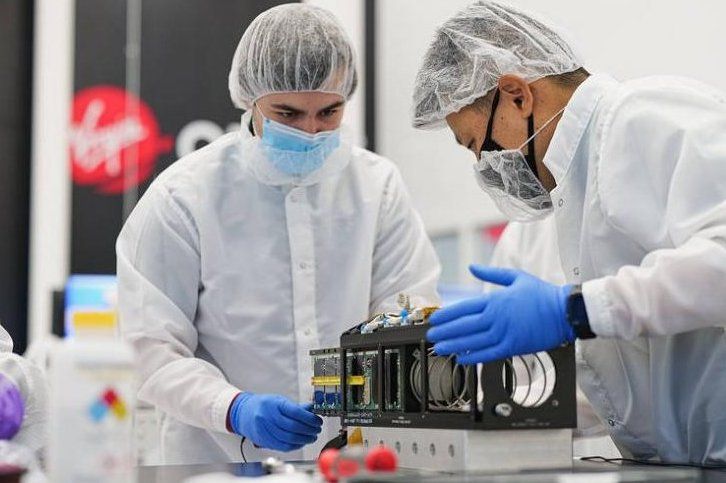
ORLANDO, Fla., Jan. 15 (UPI) — Virgin Orbit plans to try again Sunday to send 10 small science satellites for NASA and several universities into orbit using a rocket launched over the Pacific Ocean.
The mission is scheduled to begin at 10 a.m. PST when Virgin’s Cosmic Girl aircraft, a modified Boeing 747, takes off from Mojave Air and Space Port 90 miles north of Los Angeles. The plane carries the LauncherOne rocket under its wing.
The company created a three-hour window for potential last-minute delays. Virgin scrubbed an attempt in December when employees entered quarantine because of COVID-19 exposure. The company also delayed the launch from last week.